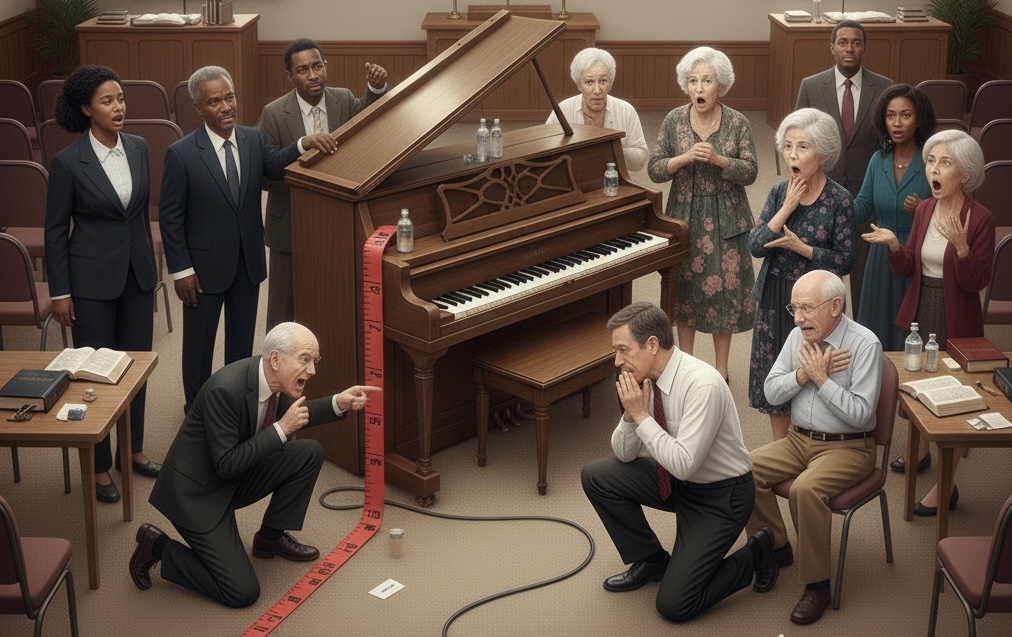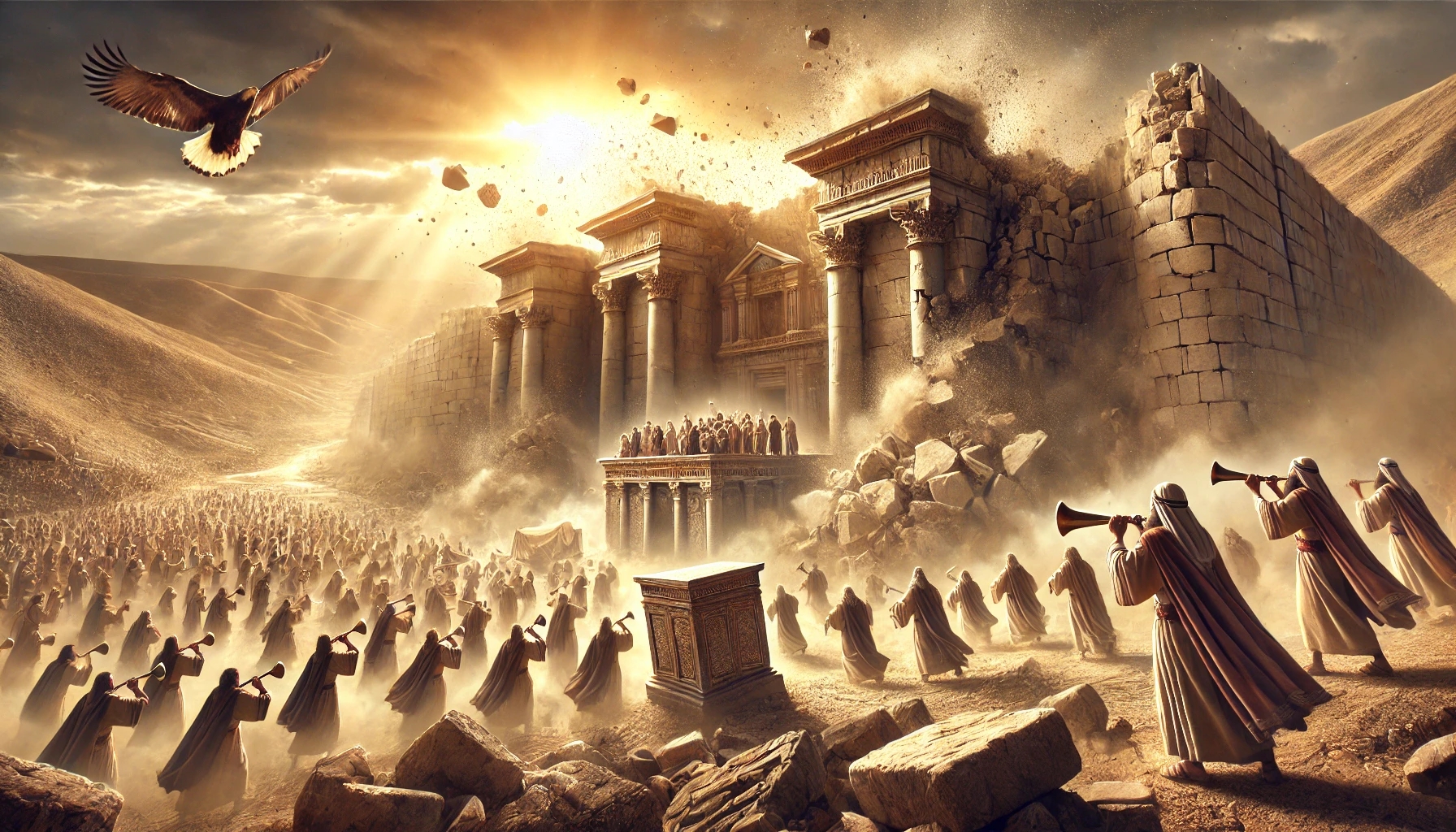
SILVER SPRING, Maryland — According to trembling eyewitnesses, the Adult Sabbath School class at Oakview Seventh-day Adventist Church came perilously close to a full schism last Sabbath after discovering that the beloved fellowship hall piano had been moved approximately two inches to the left. Members entering the room for lesson study were reportedly struck by […] Source: https://atoday.org/satire-adult-sabbath-school-class-nearly-divides-over-piano-being-moved-two-inches-to-the-left/
 LESSONS OF FAITH FROM JOSHUA
LESSONS OF FAITH FROM JOSHUA Lesson 10 : The True Joshua
Lesson 10 : The True Joshua 10.2 Type and Antitype
10.2 Type and Antitype Unity in Diversity – How Typology unfolds God’s work of salvation
Unity in Diversity – How Typology unfolds God’s work of salvation Introduction
Introduction Bible Study
Bible Study Answers to the Questions
Answers to the Questions Christ stands at the center of all typology
Christ stands at the center of all typology Life Application
Life Application Leave your “Egypt” — habits that enslave you
Leave your “Egypt” — habits that enslave you Conclusion
Conclusion Thought of the Day
Thought of the Day Illustration
Illustration Final Reflection on the Story
Final Reflection on the Story 1 december 2025
1 december 2025 BELIEVE HIS PROPHETS
BELIEVE HIS PROPHETS Daily Bible Reading
Daily Bible Reading Judges 18 – The Lost Path of the Tribe of Dan
Judges 18 – The Lost Path of the Tribe of Dan When people act without divine guidance
When people act without divine guidance Read online
Read online  Introduction
Introduction Commentary
Commentary Summary
Summary Message for us today
Message for us today Reflection
Reflection
 30 November – 3 December 2025
30 November – 3 December 2025 Ellen White | Patriarchs and Prophets – Chapter 45
Ellen White | Patriarchs and Prophets – Chapter 45 The Fall of Jericho | When walls break before faith
The Fall of Jericho | When walls break before faith BLOG 2 – Faith That Marches
BLOG 2 – Faith That Marches Seven Days in Circles
Seven Days in Circles